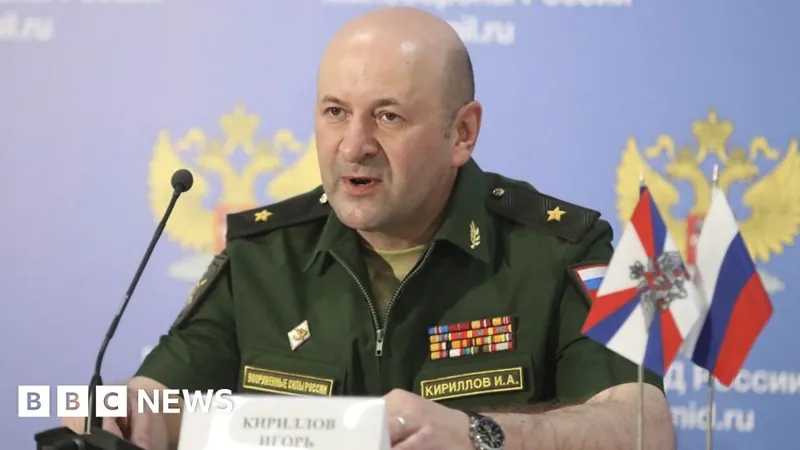
Igor Kirillov: The Face of Russia's Chemical Warfare Tactics Killed in Moscow Explosion
2024-12-17
Author: Olivia
In a shocking incident that has drawn international attention, Igor Kirillov, the chief of Russia's Radiation, Chemical and Biological Protection troops, was killed in an explosion in Moscow. His death has reignited discussions regarding Russia's controversial use of chemical weapons during the ongoing conflict in Ukraine, where he was accused of orchestrating and justifying their deployment.
To the West, Kirillov was branded a key figure in the Kremlin's disinformation campaign, tirelessly promoting the narrative of Russian superiority and Western aggression. At home, however, he was seen as a patriotic warrior exposing what he termed Western atrocities against Russia.
The Ukrainian SBU security service has claimed responsibility for the blast, describing it as a targeted special operation against a "war criminal." Reports indicate that explosive charges were cleverly concealed within an electric scooter, detonating as Kirillov exited his residence on Ryazansky Prospekt in southeastern Moscow. His aide was also killed in the incident.
Holding the rank of a brigade general, Kirillov was not merely the voice of the Russian Ministry of Defense; he was an influential player as the head of the Timoshenko Radiation, Chemical and Biological Protection Academy. Under his command, the Russian army's specialized troops focused not only on protective measures against contamination but on aggressive strategies that involved inflicting harm on enemy forces through incendiary devices.
Western nations, particularly the UK, have accused Kirillov's command of deploying what they call "barbaric chemical weapons" against Ukrainian forces. The UK Foreign Office highlighted alarming reports about the use of riot control agents and the toxic agent chloropicrin, a substance known to cause severe respiratory distress.
Days before his death, Kirillov was implicated in a criminal case by Ukraine for the mass use of prohibited chemical arms across various fronts since the beginning of Russia's full-scale invasion in February 2022, with reports of over 4,800 chemical munitions cases recorded. These munitions included not only traditional artillery but also drone attacks utilizing chemical agents.
Kirillov gained notoriety for his outlandish claims, leveraging propaganda to bolster the narrative supporting the invasion. He infamously alleged that the US was secretly developing biological weapons facilities in Ukraine—a claim widely dismissed by experts as baseless but which served to justify Russia's aggressive actions in 2022. His apparent zeal for conspiracy theories continued this year, as he suggested that Ukraine planned to seize the highly sensitive Kursk nuclear power plant, hinting at the development of a "dirty bomb"—an accusation that was rebuffed by both Ukraine and Western leaders.
After his death, analysts speculate on the potential impact his absence will have on Russia's ongoing military strategy and propaganda efforts. Under Kirillov, Russian narratives surrounding the conflict had reached unprecedented levels of absurdity and deception, often designed to intimidate and mislead both domestic and international audiences. As questions arise over who will fill this pivotal role, the world anticipates the Kremlin's next moves in the complex arena of warfare and disinformation.
Kirillov's death serves as a stark reminder of the deadly game of cat and mouse that is war, leaving a residue of skepticism and intrigue about who will now lead Russia's chemical warfare unit in the shadow of global scrutiny.
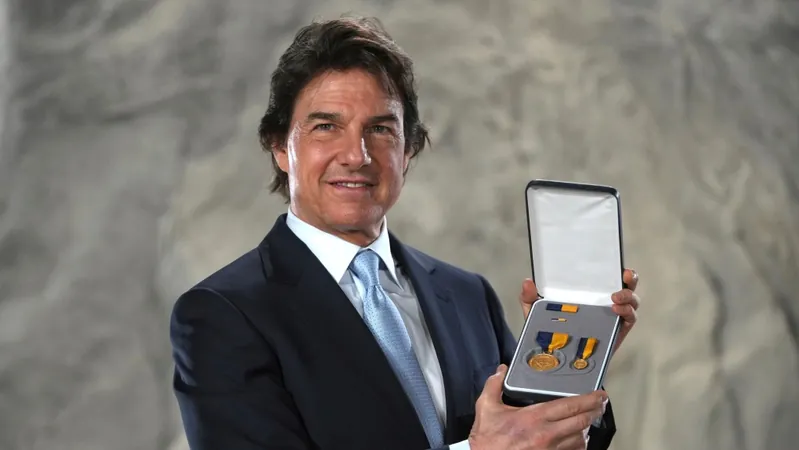
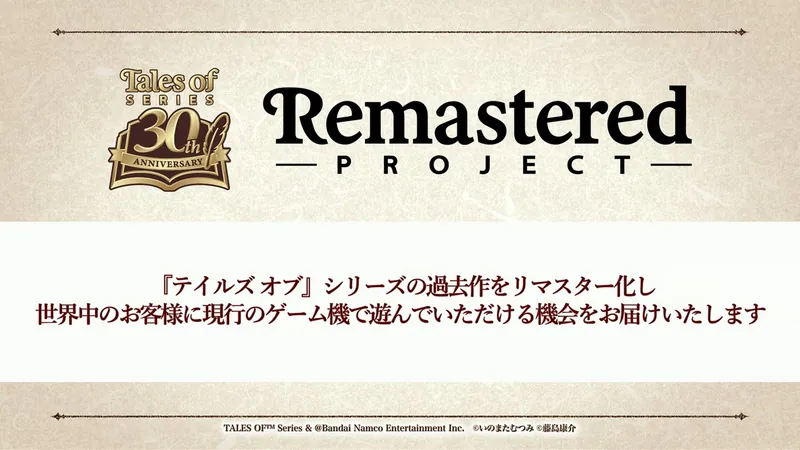
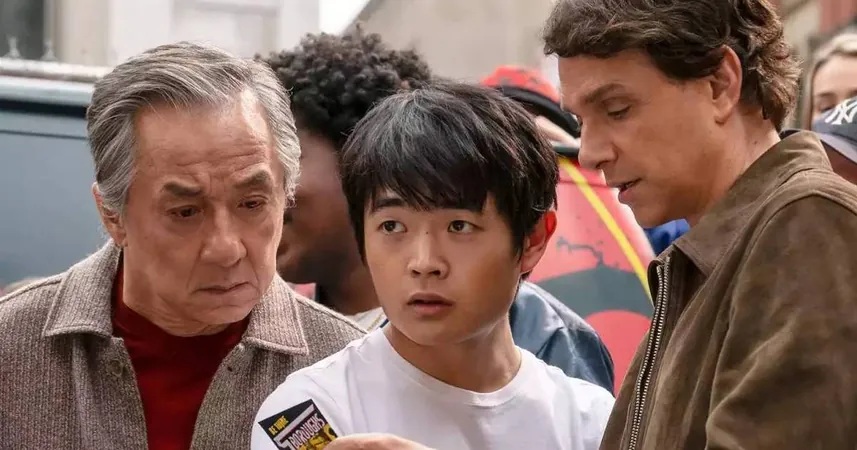
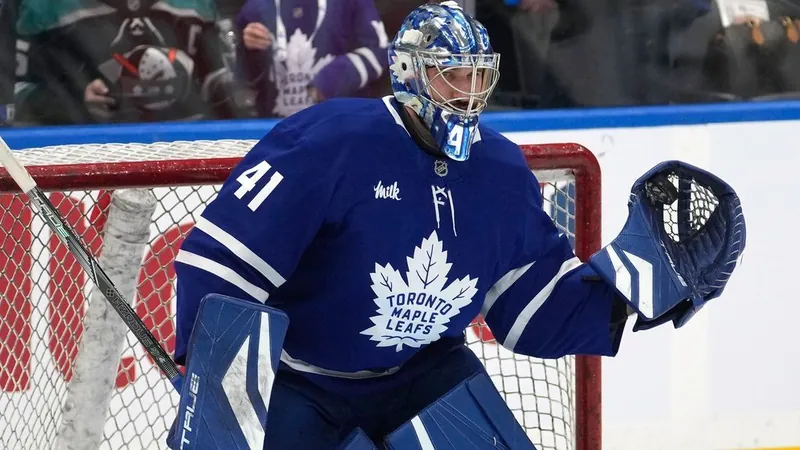
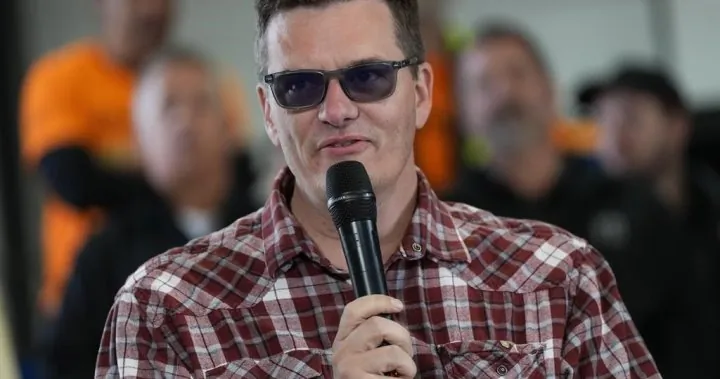
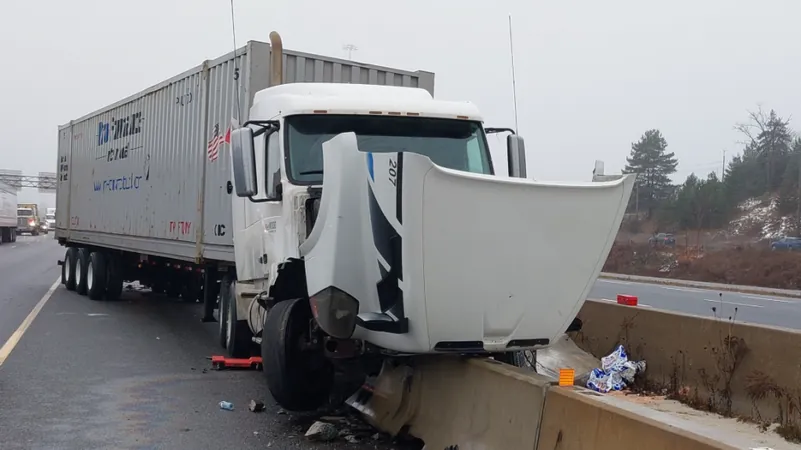
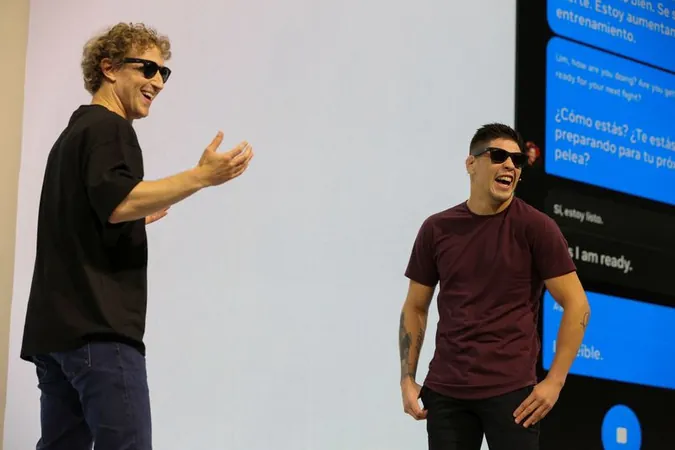


 Brasil (PT)
Brasil (PT)
 Canada (EN)
Canada (EN)
 Chile (ES)
Chile (ES)
 España (ES)
España (ES)
 France (FR)
France (FR)
 Hong Kong (EN)
Hong Kong (EN)
 Italia (IT)
Italia (IT)
 日本 (JA)
日本 (JA)
 Magyarország (HU)
Magyarország (HU)
 Norge (NO)
Norge (NO)
 Polska (PL)
Polska (PL)
 Schweiz (DE)
Schweiz (DE)
 Singapore (EN)
Singapore (EN)
 Sverige (SV)
Sverige (SV)
 Suomi (FI)
Suomi (FI)
 Türkiye (TR)
Türkiye (TR)